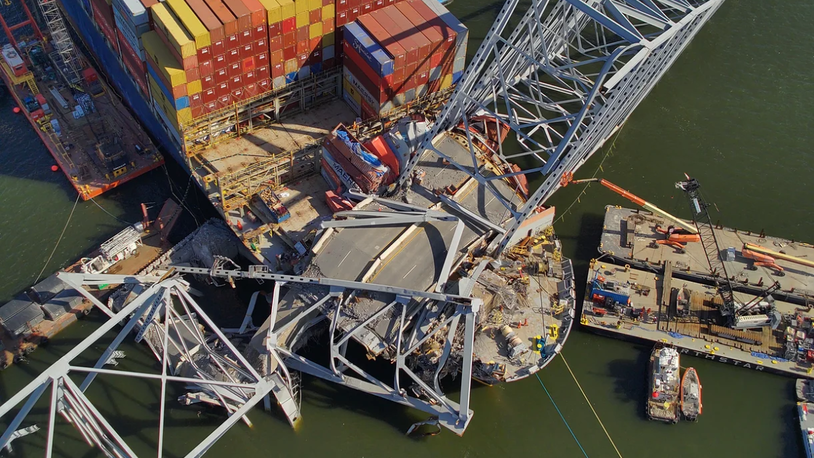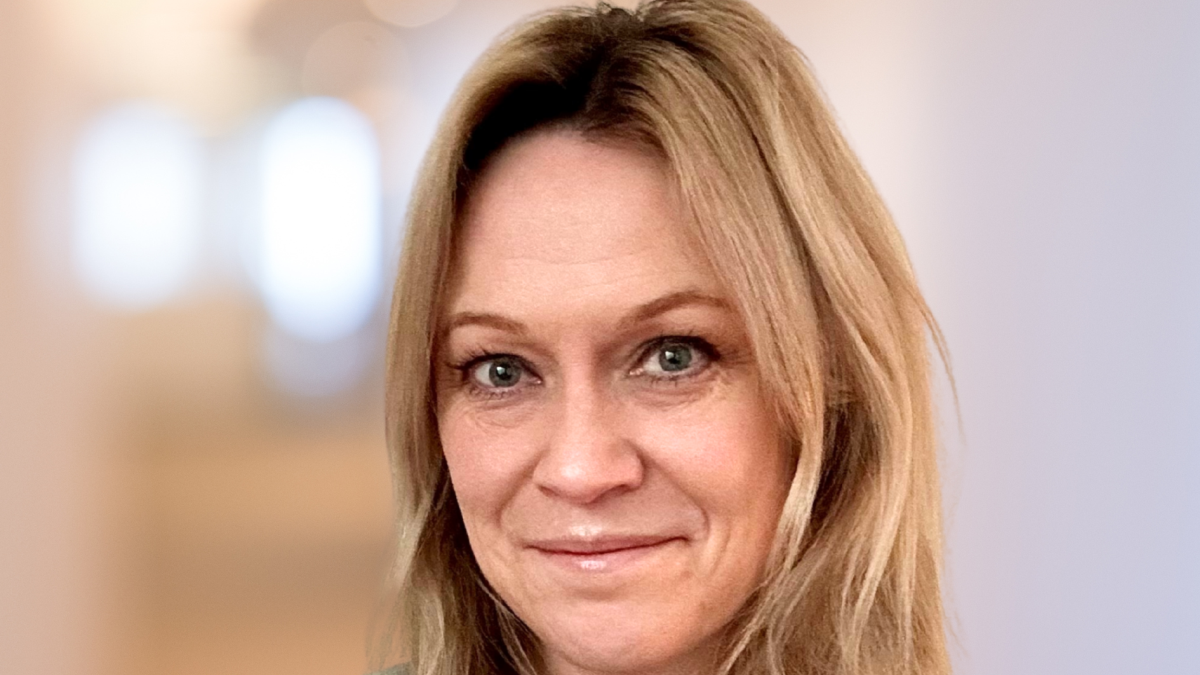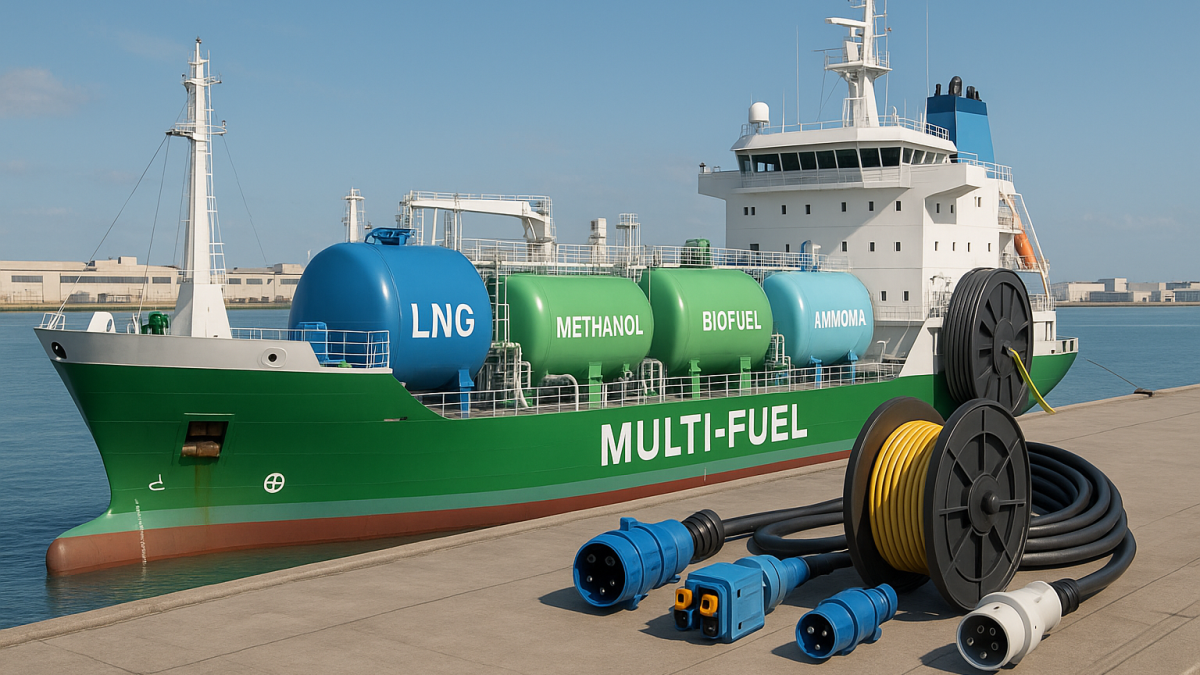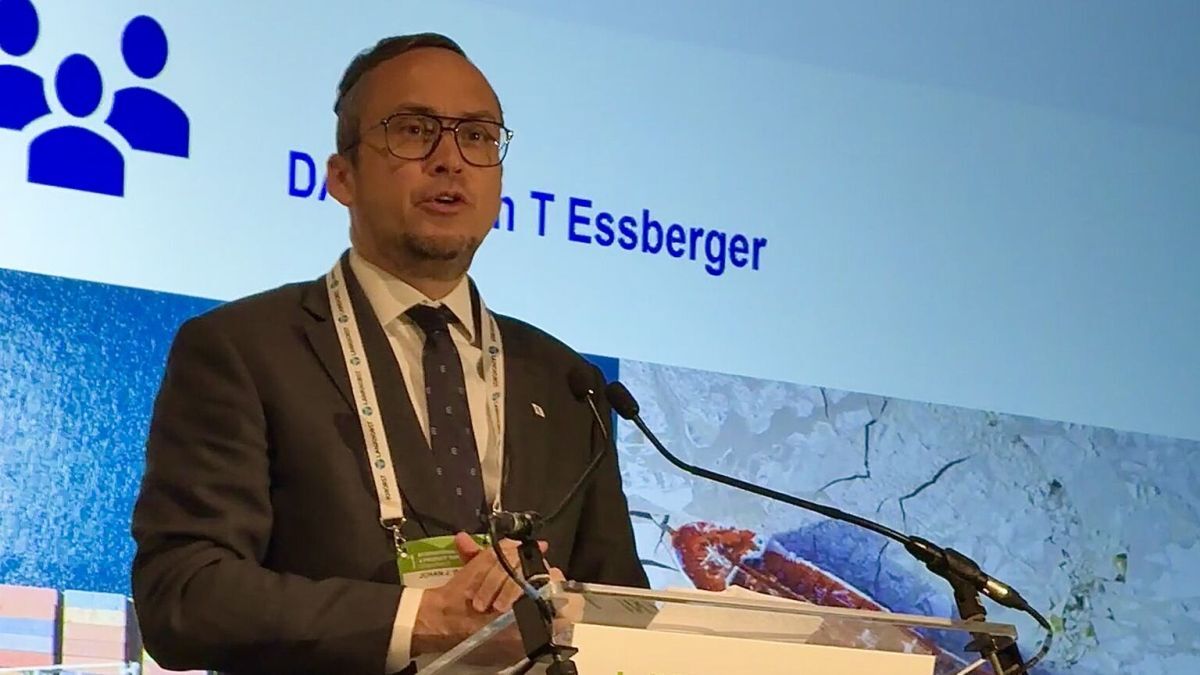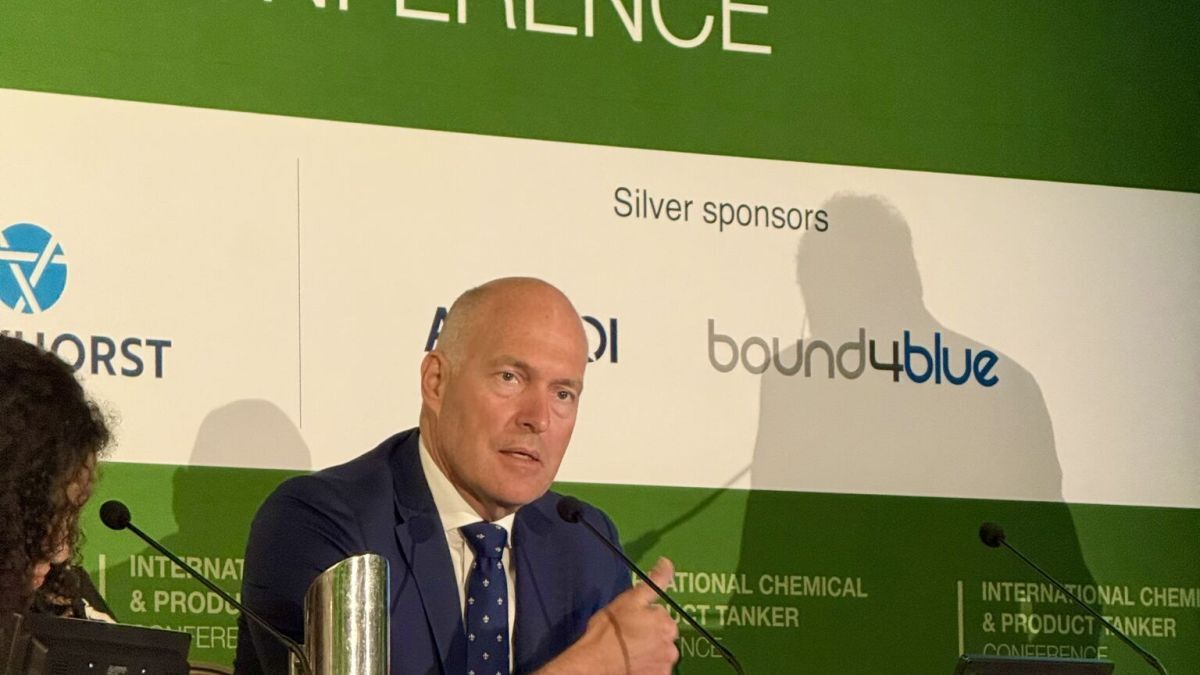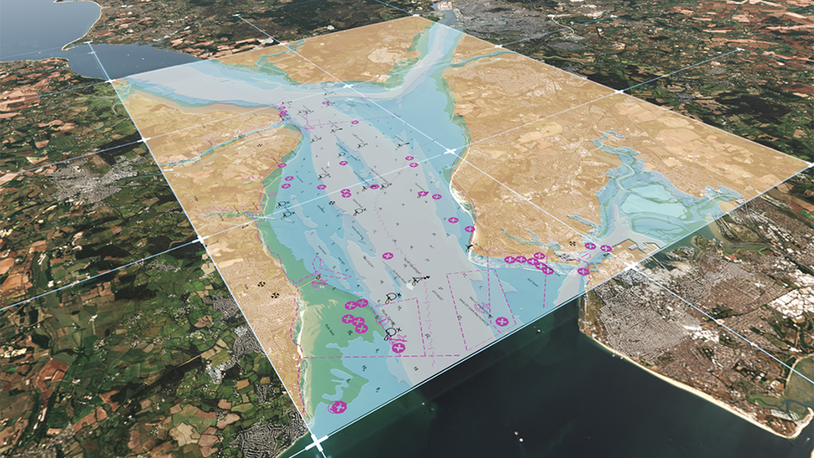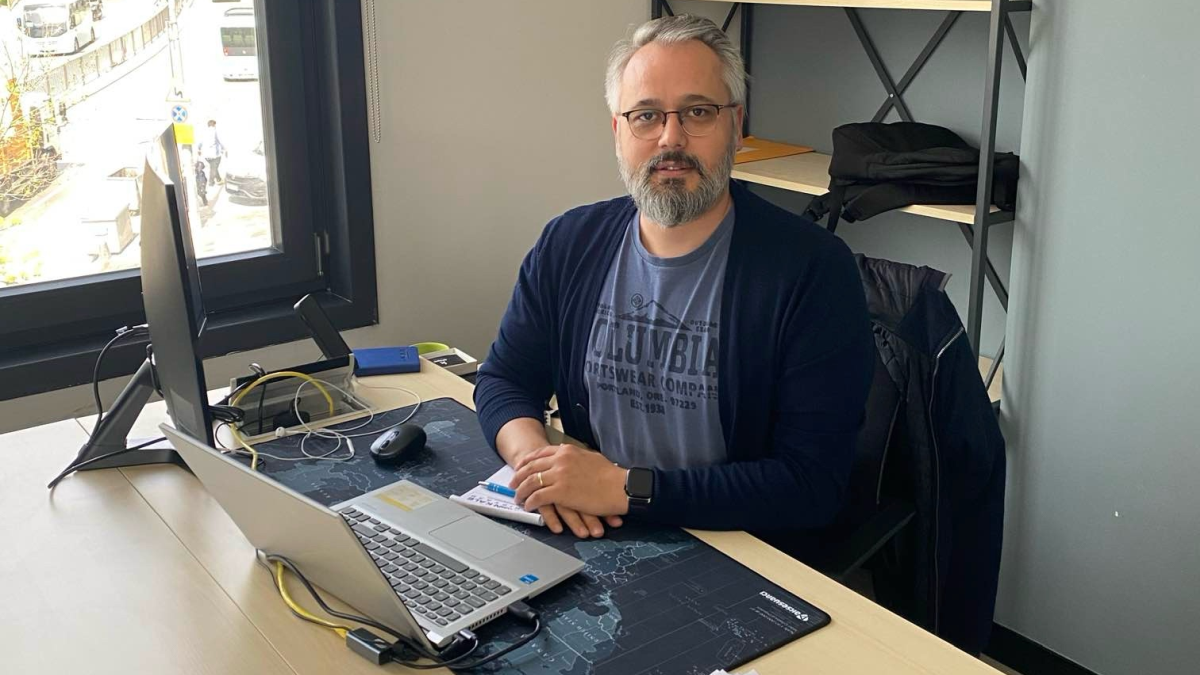Business Sectors
Events
Contents
Register to read more articles.
How AI tackles shipping chaos and prevents accidents
Implementing artificial intelligence in route execution reduces accidents and optimises voyages
Adopting artificial intelligence (AI) for advanced voyage implementation could prevent groundings such as the Ever Given incident, where a 20,000-TEU container ship blocked Egypt’s Suez Canal for days, disrupting global maritime trade.
Despite being freed four months ago, the long-term effects of the Ever Given blockage is still being felt.
However, while the world focuses on assigning blame, the shipping industry needs to look ahead and understand what measures can be put in place to prevent an accident of this scale happening again, says Orca AI chief executive and co-founder Yarden Gross.
“For years, the shipping industry has shunned emerging technology, choosing to stick with outdated methods of navigation and collision avoidance to stay on track,” he tells Smart Navigation.
“But the recent compensation discussions around Ever Given has meant many owners are starting to open their eyes to the advantages of AI technology.”
AI has already played a leading role in transforming the automotive and aerospace industry, and now it is shipping’s turn.
Over the last 50 years, cargo vessel’s container-carrying capacity has increased by 1,500%,
but the waterways they travel down have not changed.
“It therefore comes as no surprise that 90% of maritime collisions occur in congested waterways,” says Mr Gross. “Not only do these collisions cause casualties, but they also have a monumental impact on the environment, particularly those which cause huge oil spills.”
Ever Given is a 224,000-tonne ultra-large container ship. Even before the recent incident, these ships were already pushing existing infrastructure to its limits, unable to travel through the Panama Canal and having to dock at ports equipped with super-post-Panamax cranes.
“While some might argue that infrastructural changes are the way forward, that solution takes time and money – something the maritime industry does not have,” says Mr Gross.
“The expansion announced by the Suez Canal Authority (SCA) following the Ever Given incident is promising, but they will need funds to start work, with the last expansion costing over US$8Bn.”
He says there is a much better and less costly solution to minimising maritime accident risks. “AI technology can provide a solution that does not require new infrastructure or crews of hundreds to execute,” says Mr Gross.
“Instead, these incidents can be reduced by using onboard navigation sensors and high-resolution cameras with proprietary AI algorithms, such as Orca AI, to allow crew to make more informed decisions at a moment’s notice and monitor their surroundings, noticing and resolving problems or risks as they arise,” he explains.
“This insight will help reduce the 4,000 maritime accidents that occur annually and are caused by reduced situational awareness in congested areas, lack of office visibility regarding misses and risk patterns, and insufficient data available for handling potential incidents,” adds Mr Gross.
Thermal cameras and AI-powered visual support systems will help feed real-time data through to the captain and crew on shore, so they have a full understanding of what they need to do at any time.
“The value of this is demonstrated by the fact leading global marine insurer North P&I Club has partnered with Orca AI and Petrodec to revolutionise marine insurance pricing and claims through an enhanced data model for ships that more accurately reflects their risk profile,” says Mr Gross.
“The AI platform provides insights into a ships’ pattern of behaviour and risk profile, which allows the crew to improve their handling of potential future incidents as well as share this data with insurers, allowing more accurate assessment of vessel risk profiles.
“This is just one example of how this developing technology can be applied to an industry that is calling for modernisation and change,” he continues.
“Rather than waiting for supersized canals and autonomous ships, we should be finding ways to apply this technology today, working on a solution that protects the industry for the
future.”
User benefits
Petredec is deploying AI on its LPG carriers to improve navigation, cut risks and lower insurance costs. It installed Orca’s AI navigation and collision avoidance system on Earth Summit, Silvio and Dancing Brave to improve visibility in difficult weather and sea conditions, prevent human error during navigation and help crews make informed decisions.
“We foresee a significant potential of this system when it comes to improving real-time navigational awareness and more importantly, learning from the difficult navigational situations that occur daily,” says Petredec Holdings fleet technical manager Neil Giles.
“Our hope is to further increase our safety record by improving our crews’ navigational skill sets and reducing our operational risk profile in the process.”
Port of Gothenburg will start using AI-based software to improve ship berthing and reduce emissions. It worked with Awake.AI to develop Berth Planner as it begins to digitalise port operations.
“Berth Planner is just one of a series of investments we are making to propel the Port of Gothenburg into the future,” says port IT manager Martin Johannesson.
Berth Planner is used by port personnel and externally by various parties involved in port calls. “This integrated, smart berth planning tool will optimise port calls and improve collaboration between all port actors,” says Awake.AI vice president of products Simo Salminen.
Traffic co-ordinators at port control, safety and security co-ordinators at the energy terminal, and the port’s production planners have a schematic overview of operations, enabling them to view which ships are moored at each berth.
“We can choose from a list of time slots for each berth,” says Gothenburg Port Authority traffic co-ordinator Fredrik Rauer. “This allows us to see which vessel is due to moor at a particular berth at a particular time. We can allocate a [berthing] status that has already been co-ordinated with the terminal, and by doing so, we can see which vessels have been confirmed and which are pending.”
Berth planner enables faster turnaround times and expands the value in port services including tug assistance.
Riviera Maritime Media’s Vessel Optimisation Webinar Week is being held 9 August 2021 – use this link for more details and to register
Related to this Story
Events
Maritime Environmental Protection Webinar Week
Cyber & Vessel Security Webinar Week
The illusion of safety: what we're getting wrong about crews, tech, and fatigue
Responsible Ship Recycling Forum 2025
© 2024 Riviera Maritime Media Ltd.



